


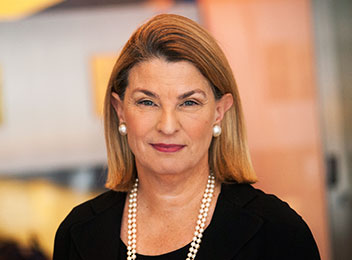

In seeking to improve health around the world, we strive to make the best use of Pfizer's resources — our people, products and funding — to help build health care capacity and expand access to medicines. Our multiple approaches to social investments apply novel, well-researched and sustainable approaches to meet the health needs of the underserved while investing in the health of our communities and of our business. Because at Pfizer we understand that every individual deserves to lead a longer, healthier, more productive life.
Where health care infrastructure is weak or non-existent, so is access to medicines. We continue to explore and implement models and approaches to build capacity, including programs that tie together sustainable approaches with social good. Seeking holistic approaches, we work closely with governments, non-governmental organizations, health service providers, social enterprises and other stakeholders to address the complex challenges around improving health for the underserved, tailored to the diverse needs of patients in different geographies and at different income levels.

In 2013, the Pfizer Foundation1 established a Health Delivery and Social Innovation portfolio to help catalyze and scale potential high impact innovations that aim to improve health for underserved populations in low- and middle-income countries. Along with key partners, the Pfizer Foundation invests in numerous organizations that are focused on advancing social innovation and opening opportunities within communities at the local level.
Investments and grants are made with the goal of generating social impact and growing sustainable organizations that support health care delivery. We currently have four focus areas of investment: primary health care, women's and children's health, health care technologies for low resource settings and innovative health care financing mechanisms. We believe that by focusing on these areas we will be able to help support sustainable health impacts for communities, in part by developing entrepreneurs and enterprises that have a high potential to deliver improved health care and social impact.
An example of this is the StartHealth Program, an initiative by Unitus® Seed Fund, in partnership with Pfizer Inc. and the Pfizer Foundation, Narayana Health, Manipal hospitals and PATH, targeted towards identifying, mentoring and investing in early stage health care technology startups in India and Southeast Asia. The program identifies promising technologies and combines philanthropic grant funding, for-profit seed investing and technical assistance to accelerate the pace of development of health-tech startups and help improve health care systems for patients at the base of the pyramid.
Global Health Investment Grants (GHIG), a newly launched Pfizer Foundation program, partners with nonprofits and social enterprises in the developing world to support innovative health products and services for underserved populations. This program builds on our Health Delivery platform and helps to extend health impact and foster local innovation at the country level.
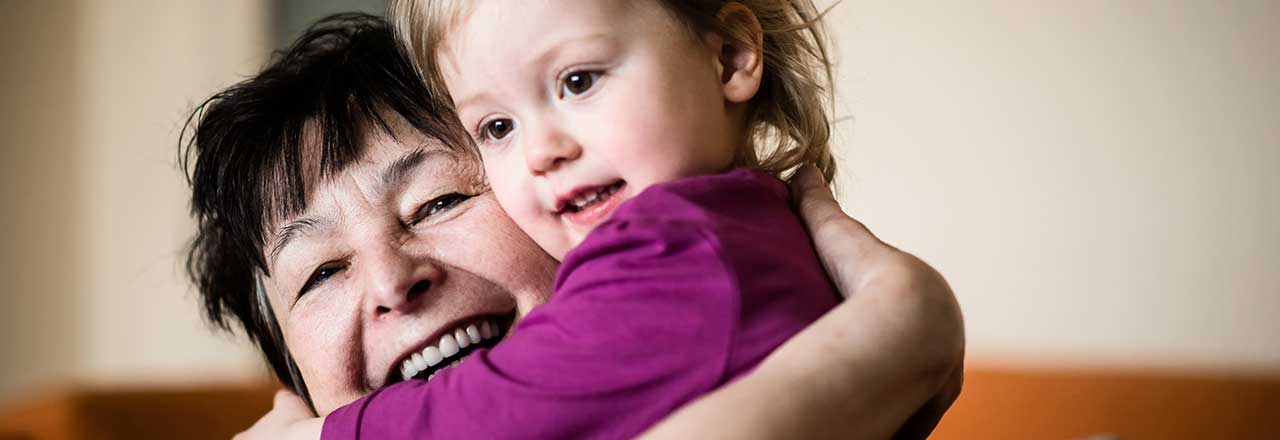
The Pfizer Foundation's1 Women's and Children's Health portfolio aims to reduce key barriers in health care delivery for women and children, with a focus on improving access to immunization and family planning information, products and services. We have launched partnerships in several countries in Africa and Asia including Benin, Ethiopia, Indonesia, Kenya, Laos, Malawi and Uganda. As part of this work we are excited to partner with several organizations to pilot innovative approaches to integrate the delivery of immunizations and family planning services, strengthening health care capacity and creating system efficiencies that can improve access. Our support has helped to pioneer research and early implementation of this approach and improve health systems as they relate to the needs of women and children.
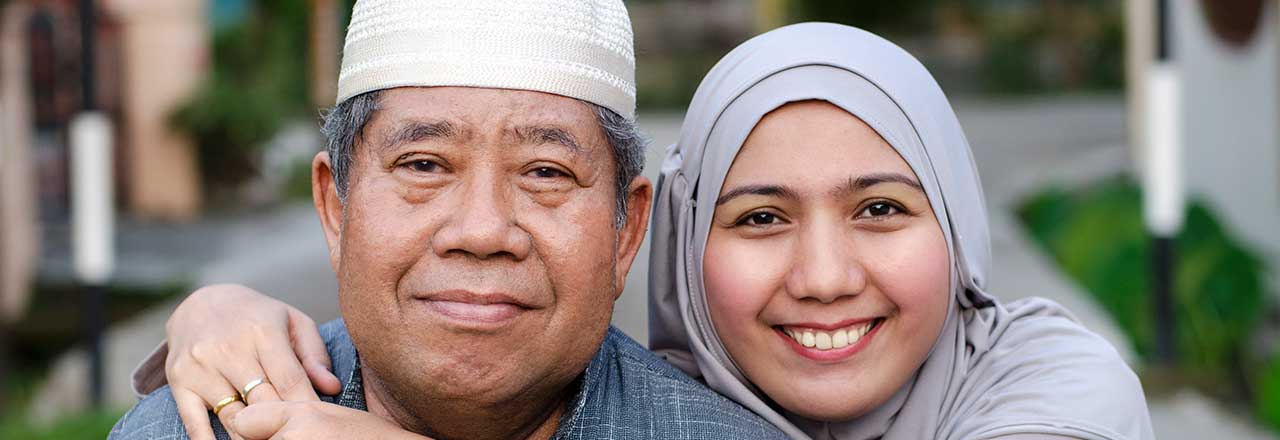
We are supporting innovative approaches to enhancing capacity to prevent and manage non-communicable diseases (NCDs) — the leading cause of death and disability worldwide. Proven cost-effective interventions to prevent and control NCDs exist; however, sufficient infrastructure is needed to ensure they reach the individuals, families and communities in need. For under-resourced communities, our efforts range from innovative pilot programs through the Pfizer Foundation1 to working with non-governmental organizations such as HelpAge International and the International Federation of Red Cross and Red Crescent Societies (IFRC).
The Pfizer Foundation is supporting The George Institute in India and Indonesia to launch a novel primary care platform to support communities and health care providers in the prevention and management of common NCDs. The program, using affordable digital technologies, is designed to improve access to health care and reduce burden and cost on the health care system, partly by supporting the transfer and training of routine clinical procedures from doctors to non-physician health care workers. We are also working with FHI 360 in Vietnam to establish a community-based, integrated hypertension and diabetes prevention and control program; a novel team-based approach will be used to integrate NCD awareness and prevention activities in the community with strengthened hypertension and diabetes screening, treatment and management at community health centers.

Global Health Fellows is Pfizer's signature international skills-based volunteering program. This program places Pfizer colleagues in individual, three- to six-month assignments with international development organizations to work together to bring about meaningful and systematic improvements in health service delivery. Fellows transfer their biopharmaceutical and business expertise in ways that promote access, quality and efficiency of health care. Fellows work hand-in-hand with community-based partners to help improve health care systems while gaining new perspectives on global health challenges as well as how the public and private sector can work together to address them.
Focusing on similar goals, our Global Health Teams initiative offers a short-term, team-based volunteer option, expanding and diversifying opportunities for colleagues beyond our individual fellowships. Since 2010, more than 60 colleagues have served on cross-functional teams with 19 nonprofit organizations across six countries in Latin America. In 2015, our team programming expanded to Africa, with colleagues working on projects in Tanzania and Uganda.
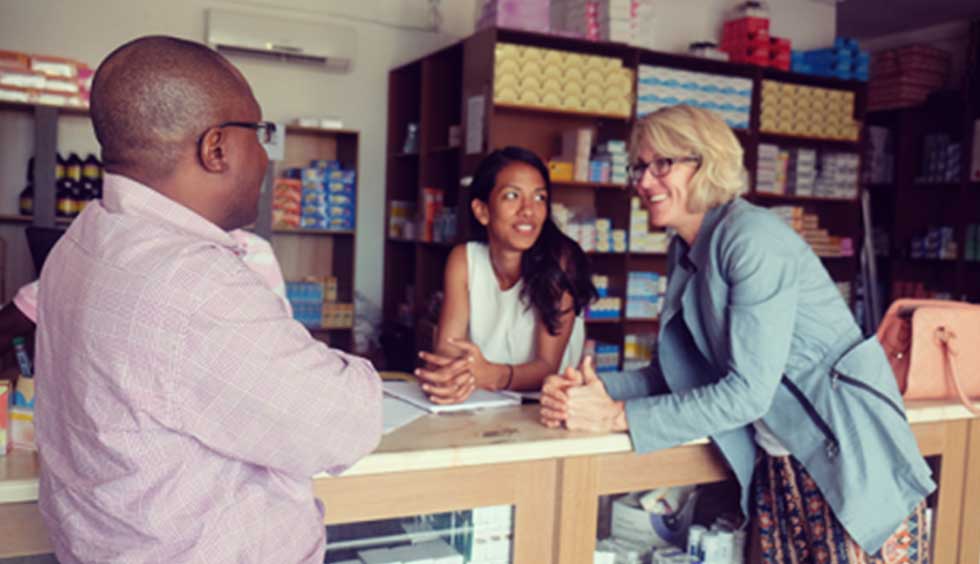
I was touched by the warmth of the Ghanaian people and it was a privilege to develop tools to help deliver quality medicines and health care to those who need it most.
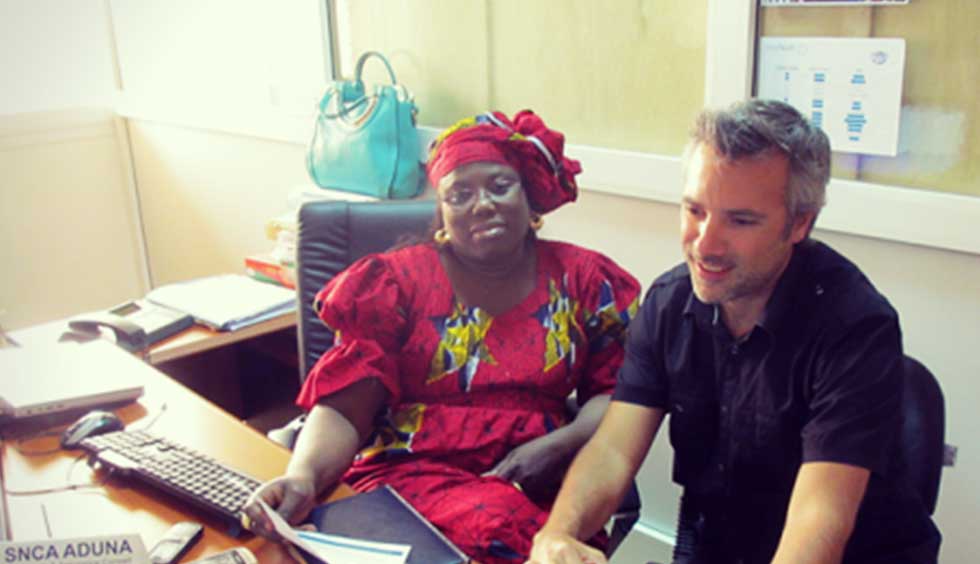
Every day, I'm grateful for the GHF experience. I have gained an appreciation for the power of mobile technology as a tool for developing countries to support their efforts in health care sustainability.
We continue to work to increase access to our medicines in both developed and developing countries. Pfizer has a long history of prescription assistance programs that continue to this day.
Pfizer RxPathways® helps eligible patients in the U.S., Puerto Rico and U.S. Virgin Islands get access to their Pfizer medicines by offering a range of support services, including insurance counseling, co-pay help, providing Pfizer medicines for free or at a savings, and more.
In 2015, in response to the ongoing challenges patients face in paying out-of-pocket costs for their prescription medicines, Pfizer doubled the income eligibility level. With this change, more than 40 brands are now offered for free through the program to eligible patients earning up to four times the Federal Poverty Level (FPL) adjusted for family size ($47,080 for a single person; $97,000 for a family of four). While patient assistance is not a permanent solution, we hope that this change will help bridge the gap for patients in need. We are actively building partnerships with nonprofits, advocacy groups, practitioners and community health centers to help raise awareness of the support that is available for patients through patient assistance programs such as Pfizer RxPathways, and fill the gap for people who need help in getting quality health care.
Through this partnership, Pfizer provides, free of charge to government and non-governmental organizations in developing countries, Diflucan® (fluconazole) for the treatment of two fungal opportunistic infections associated with HIV and AIDS — cryptococcal meningitis and esophageal candidiasis. Since the launch of the program in 2000, Pfizer has donated over $1.8 billion in medicine to more than 6,700 sites in 63 countries in Africa, Asia, the Caribbean and Latin America. Fifteen years into the program, Pfizer has clearly demonstrated its commitment to addressing public health issues in the developing world by helping improve the quality of life of people living with HIV and AIDS.
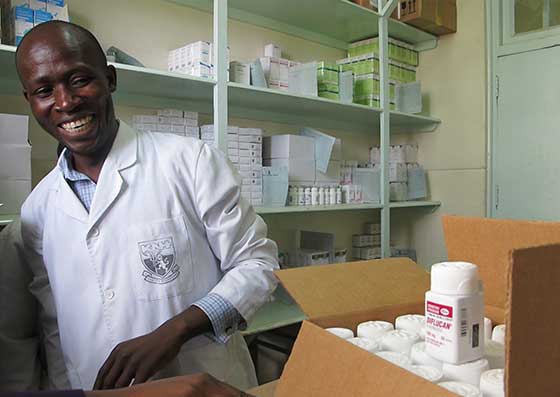
Marking exceptional progress to help alleviate the suffering from blinding trachoma, the International Trachoma Initiative (ITI) and its global partners, Pfizer and the International Coalition for Trachoma Control, celebrated Pfizer's donation of the 500 millionth dose of Zithromax® (azithromycin), an antibiotic used to treat trachoma. The milestone marks significant achievement in global efforts to help eliminate this infectious and preventable eye disease as a public health threat by the year 2020.
Trachoma is the world's leading cause of preventable blindness and is one of the oldest diseases known. An infectious eye disease, it is spread by contact with an infected person's hands or clothing, and can develop into a condition in which eyelids turn in and eyelashes scrape the eyeball, causing great pain, corneal ulcers and irreversible blindness.
ITI, a global program Pfizer helped to found, has been working since 1998 to eliminate the disease. ITI and its partners today are working as part of The World Health Organization-led Alliance for the Global Elimination of Trachoma by 2020 (GET 2020). This alliance is a unique collaboration of more than 100 governments, non-governmental organizations and private sector partners implementing a WHO-recommended strategy called SAFE that combines: Surgery to treat the blinding stage of the disease; Antibiotics to treat infection; Facial cleanliness to help reduce transmission; and, Environmental improvement, particularly improving access to water and sanitation. While progress has been great, further efforts are needed to reach the 2020 global elimination goal.
Join the online conversation by using #500MillionDoses.
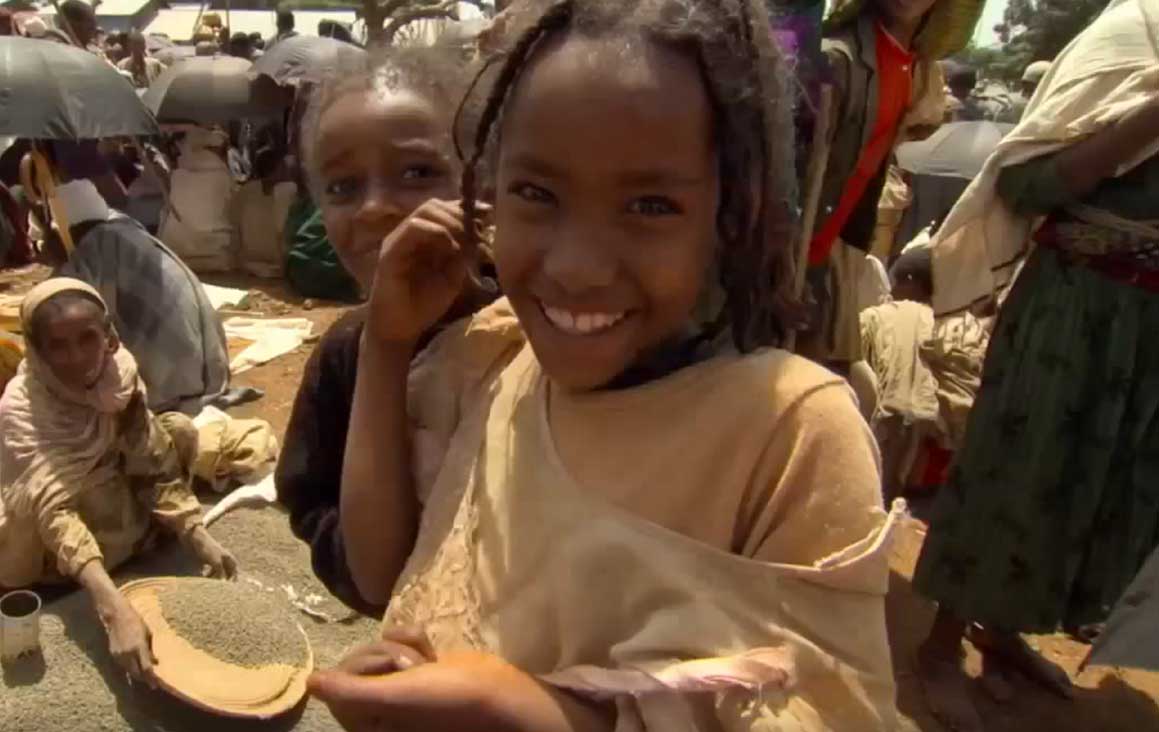
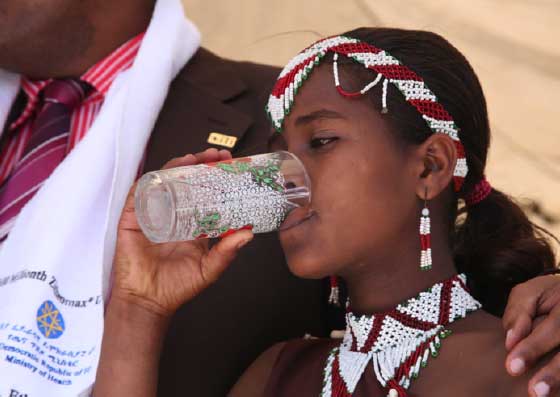
(1) The Pfizer Foundation is a charitable organization established by Pfizer Inc. It is a separate legal entity from Pfizer Inc. with distinct legal restrictions.